Back Pain in Co-Sleeping Mothers – An Osteopath’s Perspective
As both an osteopath and a parent, I understand first-hand the struggles of getting a newborn to sleep. When my second daughter was born, I had every intention of using the bedside crib. But for almost the first month, we ended up co-sleeping.
Even the simple act of putting my hand on her in the crib wouldn’t settle her to begin with. Instead, she would wake after 25 minutes, and we’d start the whole process again. Eventually, I realised I was more at risk from sheer exhaustion than from having her in the bed with me — so for that month, co-sleeping was our reality.
I know many parents in the same situation — and I also know how much guilt can come with it.
Oh, but aren’t they just too cute when they’re sleeping?
The Hidden Toll of Co-Sleeping on Your Body
In clinic, I often see mothers who have been co-sleeping with their babies and are now experiencing:
Persistent upper back and shoulder pain
Neck stiffness
Headaches
They often admit they’ve put off seeking help because they were so focused on their baby’s needs — or because they felt judged for co-sleeping.
The truth is, co-sleeping often means lying in awkward positions for long stretches. Many mothers keep their bodies in a protective curl around the baby to make sure they’re safe, which can strain muscles in the upper back, shoulders, and neck.
Add to that the reduced deep sleep that comes from being subconsciously aware of your baby’s position and safety, and your body never truly relaxes. Even partners can experience discomfort from lying awkwardly to avoid disturbing the baby.
Why Some Mothers Don’t Share This With Healthcare Professionals
Co-sleeping is a sensitive topic. Many new mothers feel a sense of shame or fear of criticism, worrying that it makes them a “bad” parent or that they are putting their child at risk. This can mean they don’t share these daily realities with health visitors, GPs, or other professionals — even though it’s affecting their health.
I want to be clear: there is no judgement here. Parenthood is hard, and finding a way to function through sleep deprivation is survival. This blog was inspired by a mum I saw last week, who came in with shoulder and neck pain and daily headaches — all from months of sleeping curled protectively around her baby.
Co-Sleeping Safety Basics
While I understand that co-sleeping happens for many reasons, it’s important to know the safety guidelines:
Never co-sleep if you or your partner have consumed alcohol, taken drugs, or medication that causes drowsiness
Keep pillows, duvets, and loose bedding well away from the baby
Make sure your baby sleeps on their back, not their tummy or side
Ensure they can’t fall out of bed or become trapped between the bed and wall/furniture
The Lullaby Trust advises against co-sleeping with a baby and other children in the same bed, as it increases the risk of accidental suffocation, overheating, and unsafe positioning — instead, keep the baby in their own clear sleep space beside you.
For more information, the Lullaby Trust provides clear, evidence-based advice on safer co-sleeping.
How Osteopathy Can Help Co-Sleeping Mums
If you’re experiencing aches, tension, or headaches from co-sleeping, seeing an osteopath can help:
Hands-on treatment to relieve tight muscles in the neck, shoulders, and upper back
Gentle joint mobilisation or adjustments (where appropriate) to restore movement and reduce stiffness
Postural advice to help you minimise strain during sleep
Suggestions for safer, more comfortable co-sleeping positions that protect both your baby and your spine
Treatment can make a real difference — easing discomfort so you can focus on your baby without the added stress of pain.
Principal Osteopath Bernitta Willoughby M.Ost DO PGD WHO at The Waterside Practice
A Final Word
If you’re a new mum co-sleeping out of necessity, please know you’re not alone — and you’re not a bad parent. You’re doing your best in one of the most physically and emotionally demanding seasons of life.
If aches, pains, or headaches are adding to your exhaustion, it might be time to look after yourself too.
📅 Book an appointment online today and let’s help your body recover:
👉 thewatersidepractice.janeapp.co.uk




